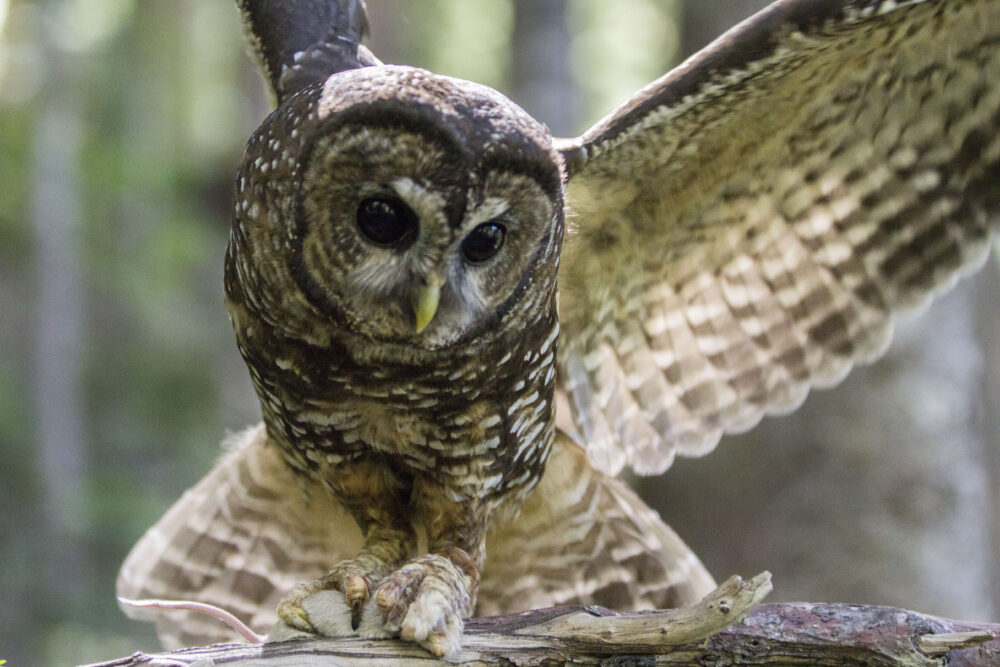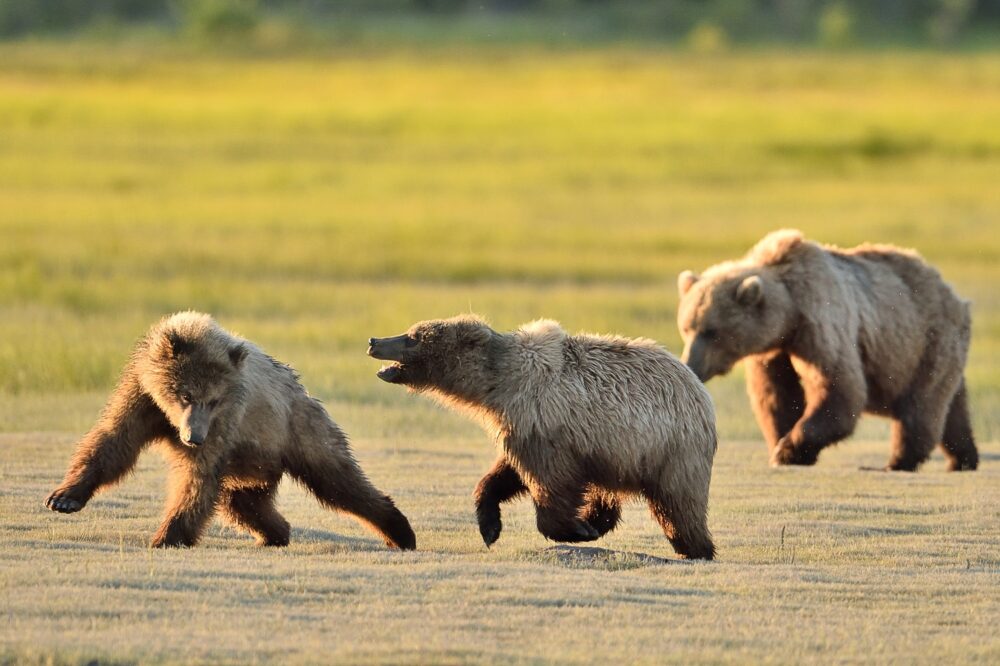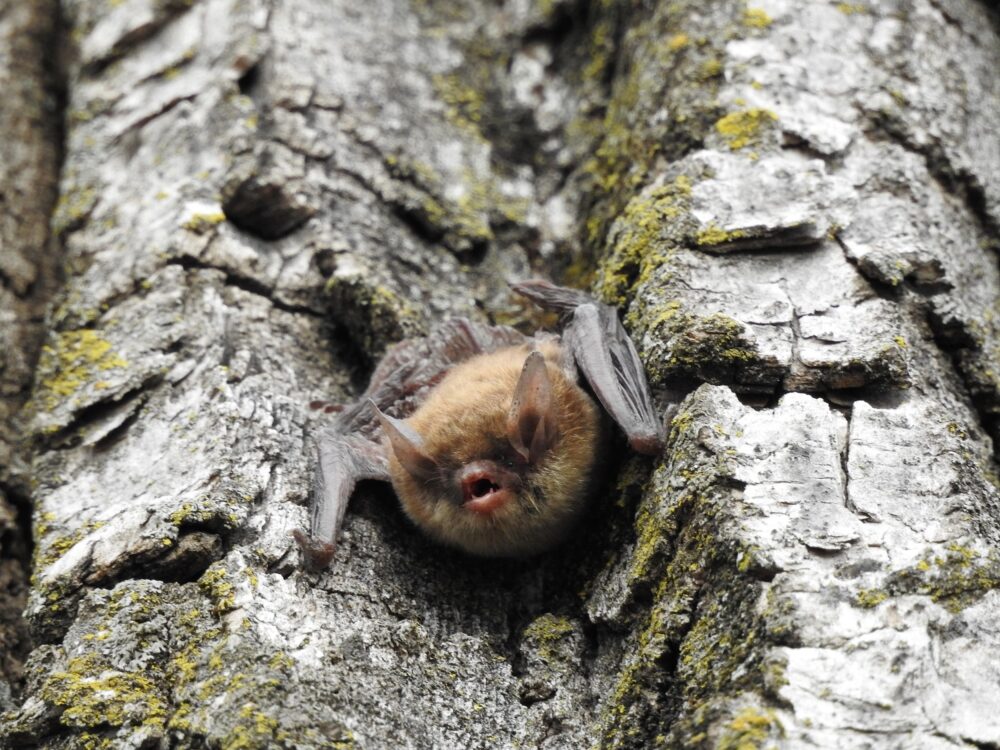We have much more to do and your continued support is needed now more than ever.
Lost at Sea: Study Estimates Around 800,000 Birds Killed During BP Oil Spill
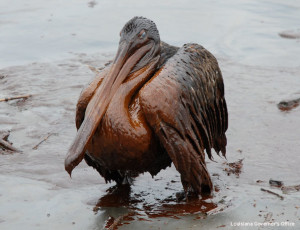
The researcher team includes Dr. Jeffrey Short, a veteran of the National Oceanic and Atmospheric Administration who has studied the Exxon Valdez oil spill extensively. That spill is thought to have killed around 300,000 sea birds.
A Coastal Scavenger Hunt
In the months after the Gulf disaster roughly 2,000 visibly oiled sea birds were found. The Gulf Coast is more than 4,000 miles long, and factors such as decomposition, scavenging sharks, wind and currents, and the controlled burns of oil all ensured that many oil-slicked bodies were lost or swept out to sea before they could be counted. For their first model, the team calculated losses based off of these and other factors such as the speed a bird’s carcass might drift.
The second model relies on what we know of the pre-spill population of sea birds. Population size, landing behaviors, and the length of time spent in potentially oiled water were all considered by Dr. Short and his colleagues. The possibility of fatal damage was then multiplied, giving a grim figure that matched up with the first model’s predictions.
Conservative Estimate
While these estimates are staggering, ornithologist Melanie Driscoll of the Audubon Society said “This is a really big number, and it’s still too small.”
Driscoll and others fear the real tally is much higher because the study did not include birds that live in the more than 2,000 miles of marshes affected by the spill or at birds that would have been found further away from the coast. Added together and the science indicates the final tally of dead birds could easily top a million.
A Telling Absence
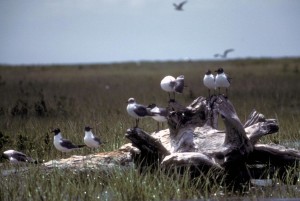
BP has already criticized this figure and attacked the credibility of the researchers. Yet some birds’ absences from their usual habitats are telling. Dr. Short and his team’s modeling estimates that populations of the laughing gull in the northern gulf would have declined by almost 40%. The Audubon Society’s annual Christmas Bird Count—a volunteer population count of birds nationwide— documents a similar decline in laughing gull populations.
It would be far better if BP spent more of its time and energy investing in habitat restoration than claiming the job was finished, or contesting any report that fails to support its narrative.
Speak up for Gulf Wildlife
Four years after the Deepwater Horizon rig exploded, wildlife in the Gulf are still suffering.
![]() Ask the Department of Commerce to make sure that BP’s oil spill fines are spent on projects that will restore habitat for birds and dolphins and other wildlife!
Ask the Department of Commerce to make sure that BP’s oil spill fines are spent on projects that will restore habitat for birds and dolphins and other wildlife!



